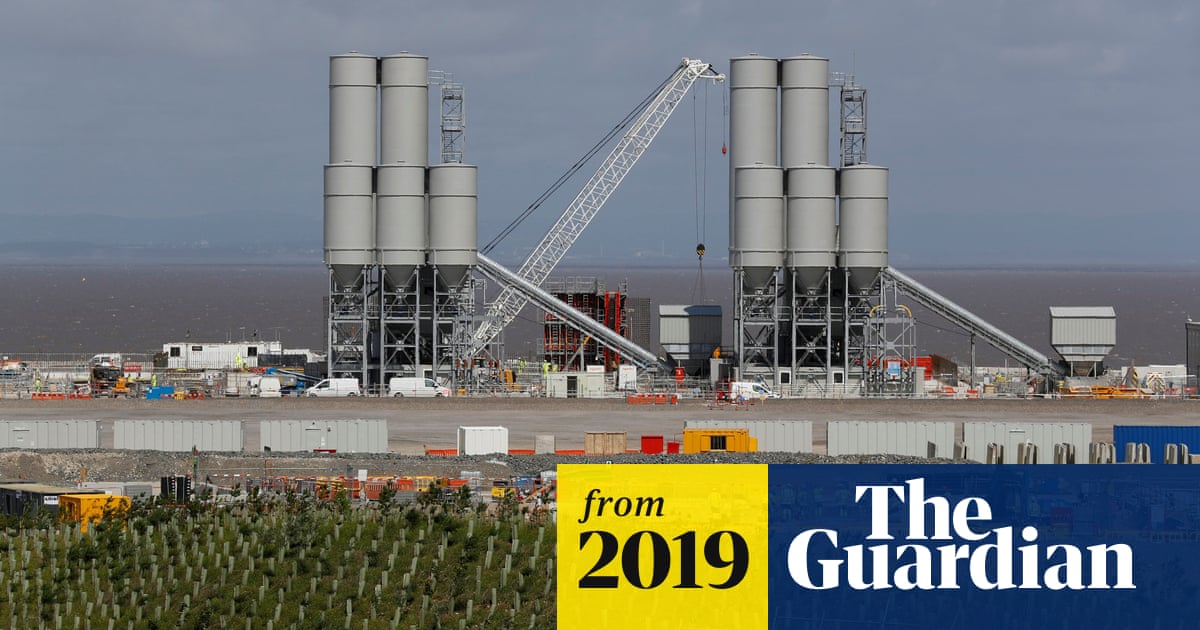Snake_Baker
The one true King of the North
- Joined
- Apr 24, 2013
- Posts
- 81,024
- Reaction score
- 153,209
- Location
- Arden Street Hill
- AFL Club
- North Melbourne
- Other Teams
- Essendon Lawn Bowls Club
- Banned
- #576
Doubt it'll happen in Australia anytime soon.
No, Bandt's policy is to harvest unicorn shit as a source of power.
Politicians need to step aside and let the intelligent people deal with the big issues.














